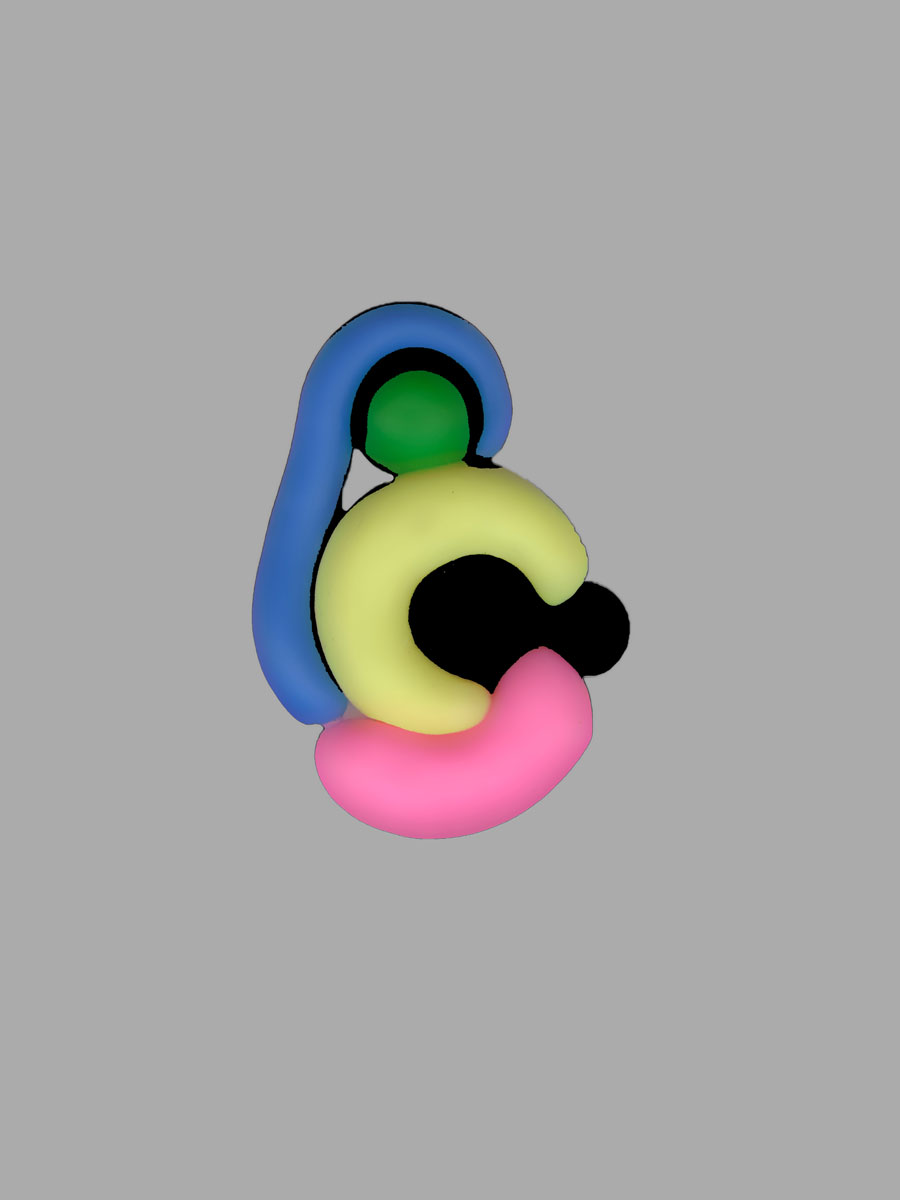
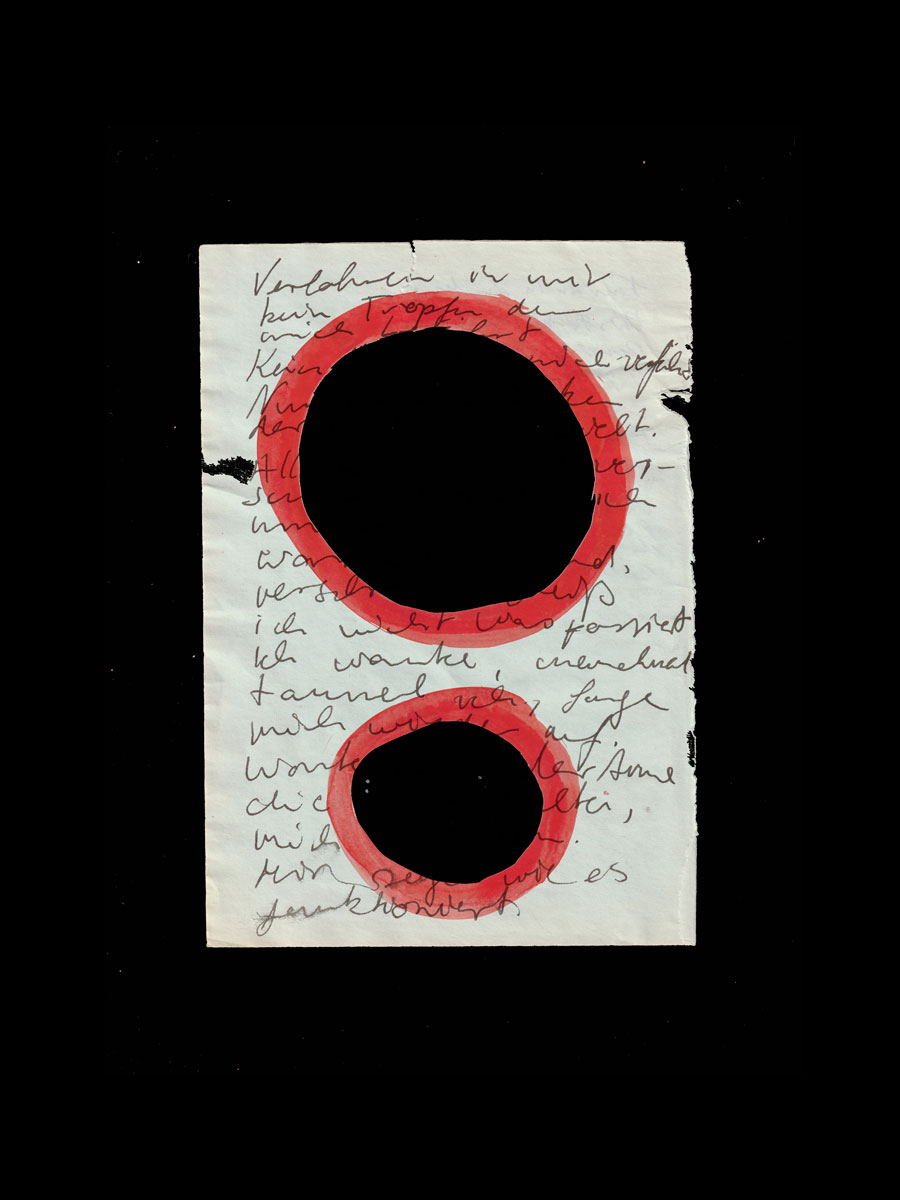
ONEIRIC.SPACE
Interview 005, Psychology, Philosophy
Jungian psychoanalyst Jakob Lusensky on the therapeutic value of dreams
Interview by Effie Efthymiadi

ONEIRIC.SPACE
Interview 005, Psychology, Philosophy
JUNGIAN PSYCHOANALYST JAKOB LUSENSKY ON THE THERAPEUTIC VALUE OF DREAMS
Interview by Effie Efthymiadi
Jakob Lusensky used to be someone who didn’t have a particularly active dream life—or at least he couldn’t recall many of his dreams. However, all this changed in his mid-thirties when he entered a tumultuous period that made him question his purpose and way of life working as a DJ and brand director. His dreams started to open up to him, revealing their vivid nature and inviting further exploration. This transitional phase triggered a process of self-reflection which eventually led him to Swiss psychologist Carl Jung’s theories and wanting to become a Jungian analyst himself. During those years, Jakob wrote the book ‘Brand Psycho: The hidden psychology of brands’, which examines how our imagination is being seduced and colonized by brands and social media, and trained at the International School of Analytical Psychology (ISAP) in Switzerland. Today, he works as a Jungian psychoanalyst in Berlin helping individuals restore meaning in their lives through a therapeutic approach involving dreams and active imagination. We discussed the healing role of dreams, the importance of our attitude toward them and what it means to activate one’s unconscious.
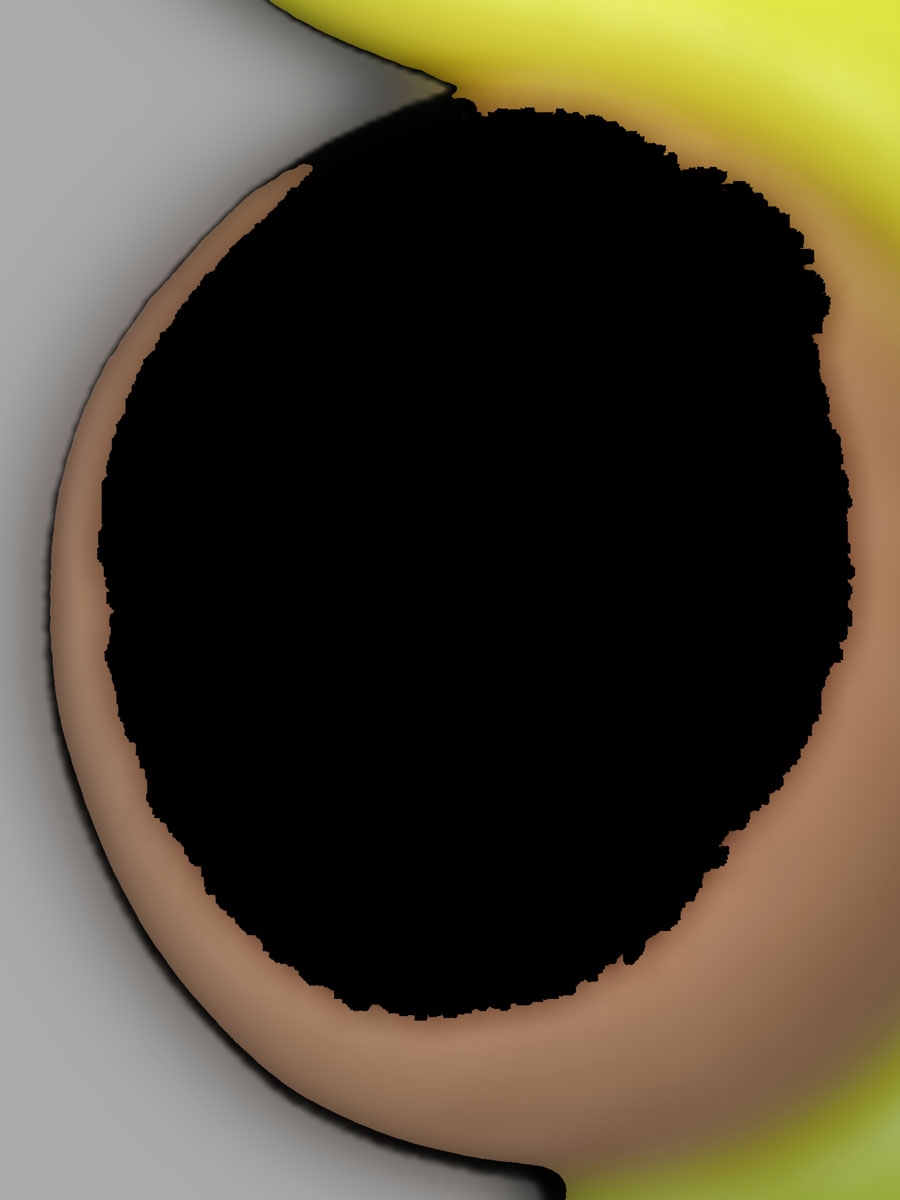
Illustration ‘Dream Artefacts’ by Fred Heinsohn
« To look at your dreams is a way to look at what’s happening in your inner life through a different lens. »
EFFIE EFTHYMIADI : How do you approach dreams with your patients? What kind of discussions are you interested in initiating within that context?
JAKOB LUSENSKY : The only thing I ask from a client after our first consultation is to pay attention to their dreams and try to keep a record of them. There are many theories about dreams but one thing that science also somehow proves is that dreams refer to your emotional cosmos. To look at your dreams is a way to look at what’s happening in your inner life through a different lens. By observing your dreams, you begin to glimpse under the surface.
Even at such an initial stage, dreams begin to have a therapeutic role because you're suddenly paying attention to a different narrative other than the usual one repeated in your mind which can often create problematic patterns. Just by paying attention to what happens in the night and writing it down, discussing it or responding to it, you gain an ally in understanding situations and parts of yourself. In our lives, there are certain things we can control but there are also other aspects that are less available to us. By studying dreams we can begin to see some of the things that have been left behind or pushed aside. I guess I speak about the dream as a resource in this case.
Dreams are very personal and private, and that's why they often touch us so deeply—because they come out of us. They're like shortcuts to someone’s feelings. A dream is something very intimate—a piece of our “nature”—that demands a lot of respect and care.
« Just by paying attention to what happens in the night, you gain an ally in understanding situations and parts of yourself. »
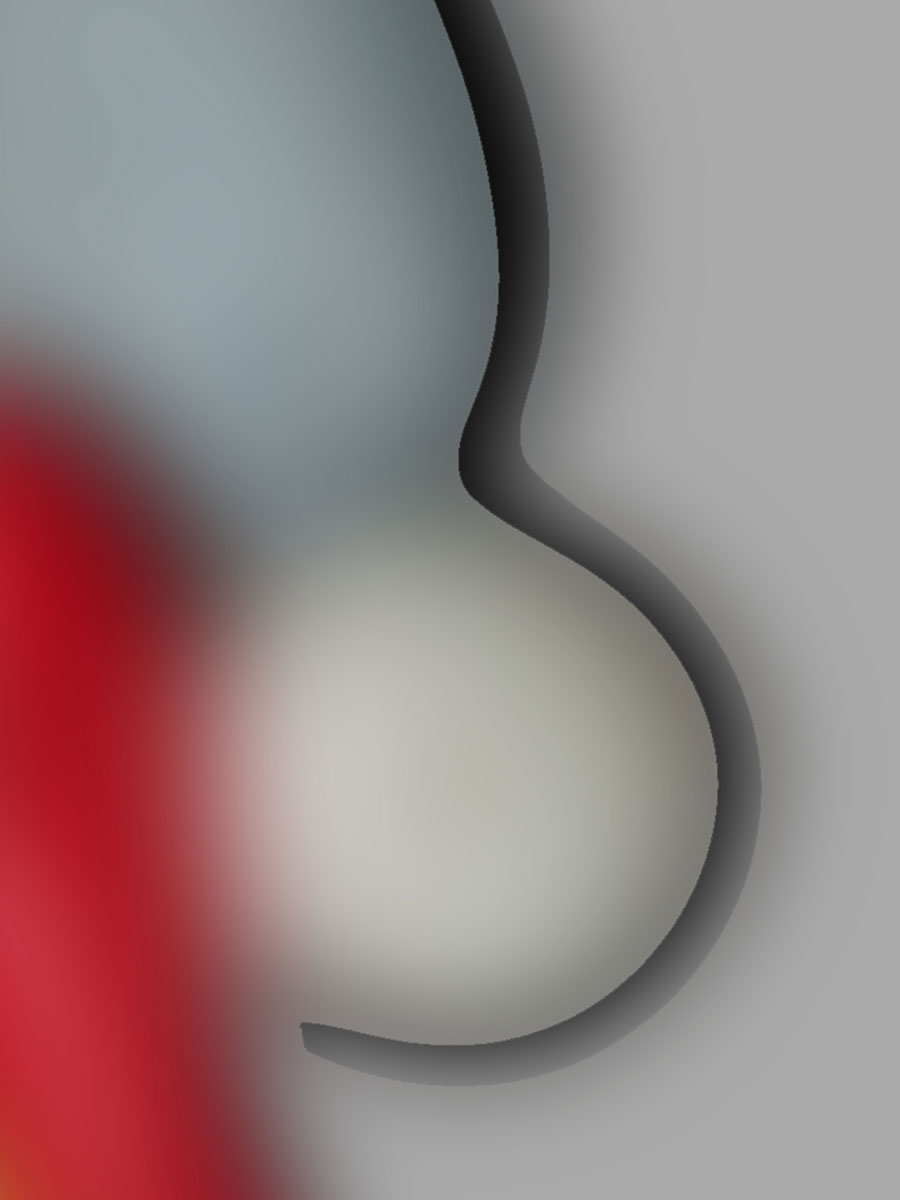
Illustration ‘Dream Artefacts’ by Fred Heinsohn
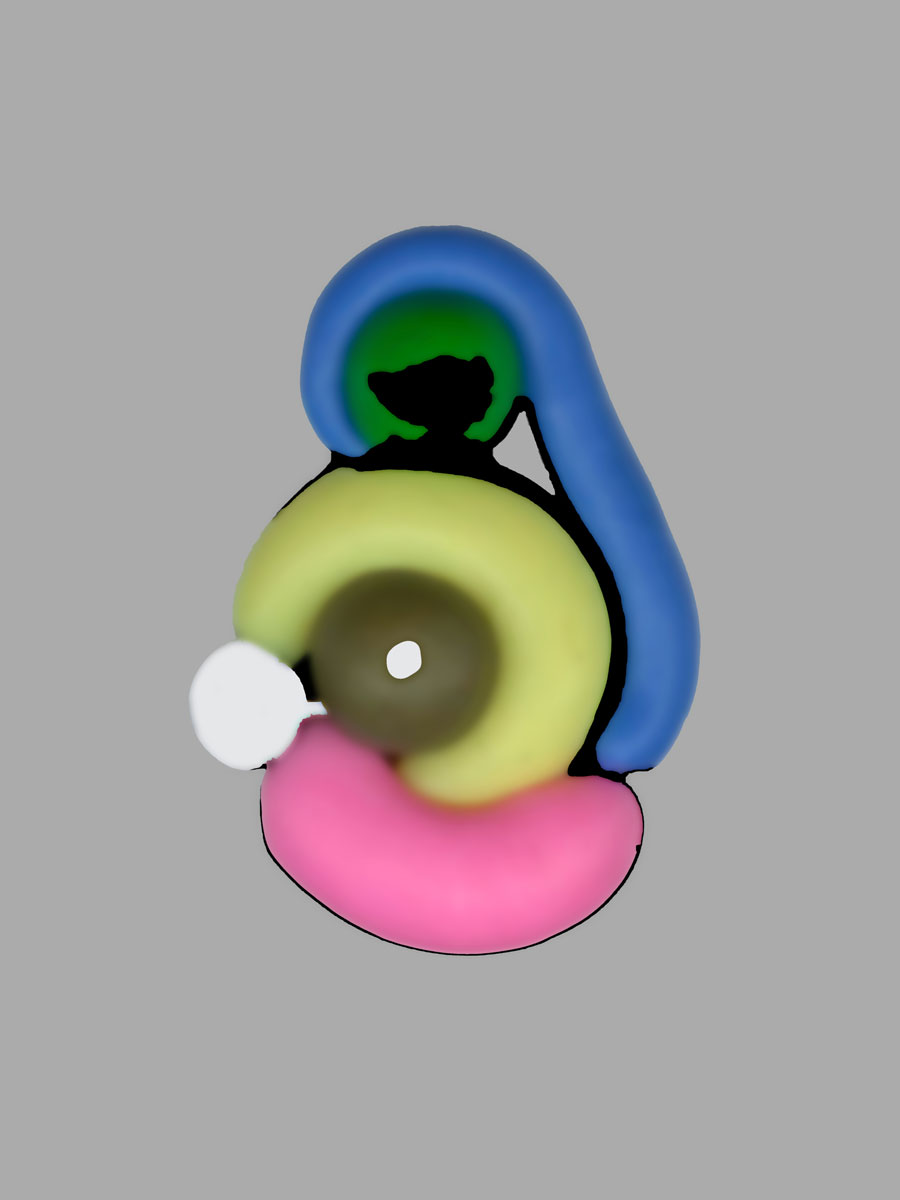
Illustration ‘Dream Artefacts’ by Fred Heinsohn
« A dream is something very intimate—a piece of our “nature”—that demands a lot of respect and care. »
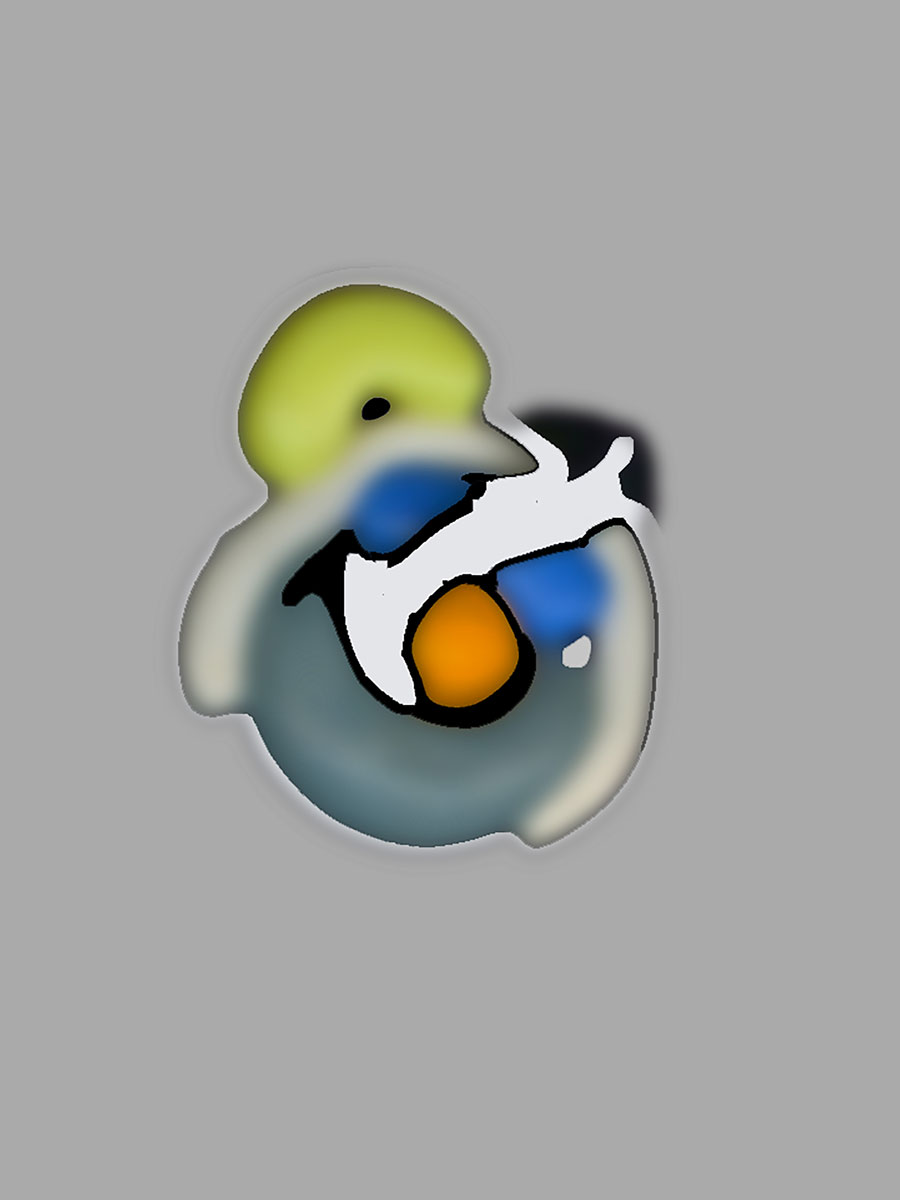
Illustration ‘Dream Artefacts’ by Fred Heinsohn
Exactly, that’s why I think dreams shouldn’t be ignored. I feel that by disregarding your dreams, you’re essentially shrugging off a part of your own self. Our waking life/self is not the sole element that composes our being. Dreams, whether we remember them or not after waking up, do take up a bit of time in our everyday lives and they often affect our mood too.
Yes. I think the division between waking life and dream life is not as clear-cut as many choose to believe. We all live in a dream reality today which is partly created by brands, media and corporations that heavily influence our psyche, motivations and drives, including our goals and where we want to head in life. Turning to dreams is a kind of resistance against that. They’re a way to build resilience against the bombardment of manufactured, waking dreams that want to connect with our desires and to sell us things or distract us. In that sense, I think it's a political act to turn inwards—to study one's dreams and to study them carefully. Every dream is a possibility to learn something. It’s a great gift to sit with someone who's sharing their dreams in therapy but also, you know, in a romantic relationship or friendship, no? But, I think there's also a need for care and protection around dreams because they're sort of vulnerable creatures somehow.
In what way?
They can stop appearing for a while and can leave you if you push them too hard. Usually, with the people I see in my practice, after a little while, the dream takes the lead and we follow it. The dream sets the tone and narrative and we just try to follow and get closer to it.
That's interesting because I've tried various kinds of therapy and I've never had this approach of allowing the dream to come to the foreground in order to reveal more about one’s psyche. In my experience with analysis, I’ve found that after trying to modify certain behavioral patterns and defense mechanisms for too long, they start to fight back and resist change. They don't want to be touched anymore because no matter how problematic they are, they've proved themselves as a crucial toolbox for coping with life, and that's why they stick around. So then I reach a dead end. Whereas I suppose if you study dreams you get to deal with a way more pure and uncensored side of yourself—one that’s less controlling and more generous with information about your inner world, right? We are way more honest about who we are on this other side of reality.
Yes, exactly. If you have experience with dreams, you see that even a little glimpse into a dream can be very revealing. But it almost surprises me to see how little value we put on them. Many people still think a dream is just “white noise,” nothing of value or importance. It's just a dream, who cares? I think a dream is often emotionally more real than our waking ideas about ourselves.
When analyzing dreams, what’s interesting is the connection you notice between your emotional life and your thinking life. Having said that, I think sometimes there's too much focus on the understanding of the dream or the reduction of the dream to one understanding. There are analysts that say you should never under-interpret a dream, meaning you should always try to have multiple interpretations of a dream because it never has just one meaning. A dream is a living organism—you can’t confine it because it might suffocate.
Going back to how many people think dreams are of little value, what I like about psychoanalysis, alchemy and Jung's theories is that they all subscribe to the belief that the stuff that can truly rejuvenate the soul and society is found in the trash. It's usually in what's least valued that we find the beginnings of individual and cultural renewal. So this general stance of seeing a dream as insignificant is exactly what has protected the dreamworld in a way.
«It's usually in what's least valued that we find the beginnings of individual and cultural renewal. »
Protected from what exactly?
There’s a renewed interest in dreams and that’s great on one hand, but there are also risks lurking. If you think about it, sleep makes up around one-third of our time and that’s a chunk of time that hasn’t yet been exploited for commercial purposes. So I’m sure it looks like a very enticing new frontier to big corporations and the marketplace. All this time and data is now going “to waste” instead of being harvested. I’m sure attempts will be made to infiltrate the dreamworld in the name of consumerism and productivity. That's what I tried to say before: just because people have been treating dreams as noise, they've also been protected in a way from such external influences.
Exploring dreams is amazing but you have to carefully consider your attitude towards it. For example, there are many people interested in lucid dreaming but to me this misses the point, which is to learn from the dream. You need to be in relation to the dream on a level playing field, be humble and not try to voraciously consume it or place yourself higher.
So do you see lucid dreaming as a type of violation in a sense? Do you think that by forcing your conscious self into the dream you’re missing the purpose of it?
It’s like a form of hubris in a way. I mean, of course, you can do it and it can be fun, like taking party drugs or something. But all these things can be misused if you have the wrong attitude—by that, I mean having the attitude of the ego that needs to conquer and control. I feel that one has to find a more democratic relationship to the dream and to respect it. In the case of lucid dreaming, for me, it’s like putting oneself higher than the dream. Whereas it should be more about discovering that different world within you, accepting it and following it as it unravels and evolves. We have this inherent need to take command of all aspects of our lives—and that’s not a bad thing because it’s how we evolved and built civilization—but we should retain the part in our lives that’s less dominating and leaves room to lose ourselves and to learn to listen.
Attitude is key here. If your attitude towards dreams changes, then it also changes towards nature and the world. Dreams are also a part of your nature. We can try to control them, but in the end, they’re out of our hands—and that’s fine. It's a little piece of nature that many people have lost contact to. I think fostering a relationship with your inner world and your dream life goes hand in hand with developing a different appreciation for outer nature, relationships and other people's feelings—it's not solipsistic, quite the opposite. It’s a practice of relatedness and appreciation towards what's been given to us.
It sounds like a meditative approach. You’re asked to simply be more aware instead of jumping to conclusions and trying to harness everything that seems uncontrollable. The notion of mindfulness comes to mind.
Yes, I think it is. The German word Achtsamkeit is very fitting in this case: to be carefully aware of what's occurring in the present moment and to spend time with it. We tend to jump to conclusions very fast. So I think this sort of mindful activity is extremely important. I always say, when you have a dream, ponder it, approach it delicately and let it work inside of you. There’s so much that can happen just by letting the dream brew in you. Spending time with a dream creates space for change. It’s important not to rush and to just let the dream be the dream.

Illustration ‘Dream Artefacts’ by Fred Heinsohn
« There’s so much that can happen just by letting the dream brew in you. Spending time with a dream creates space for change. »






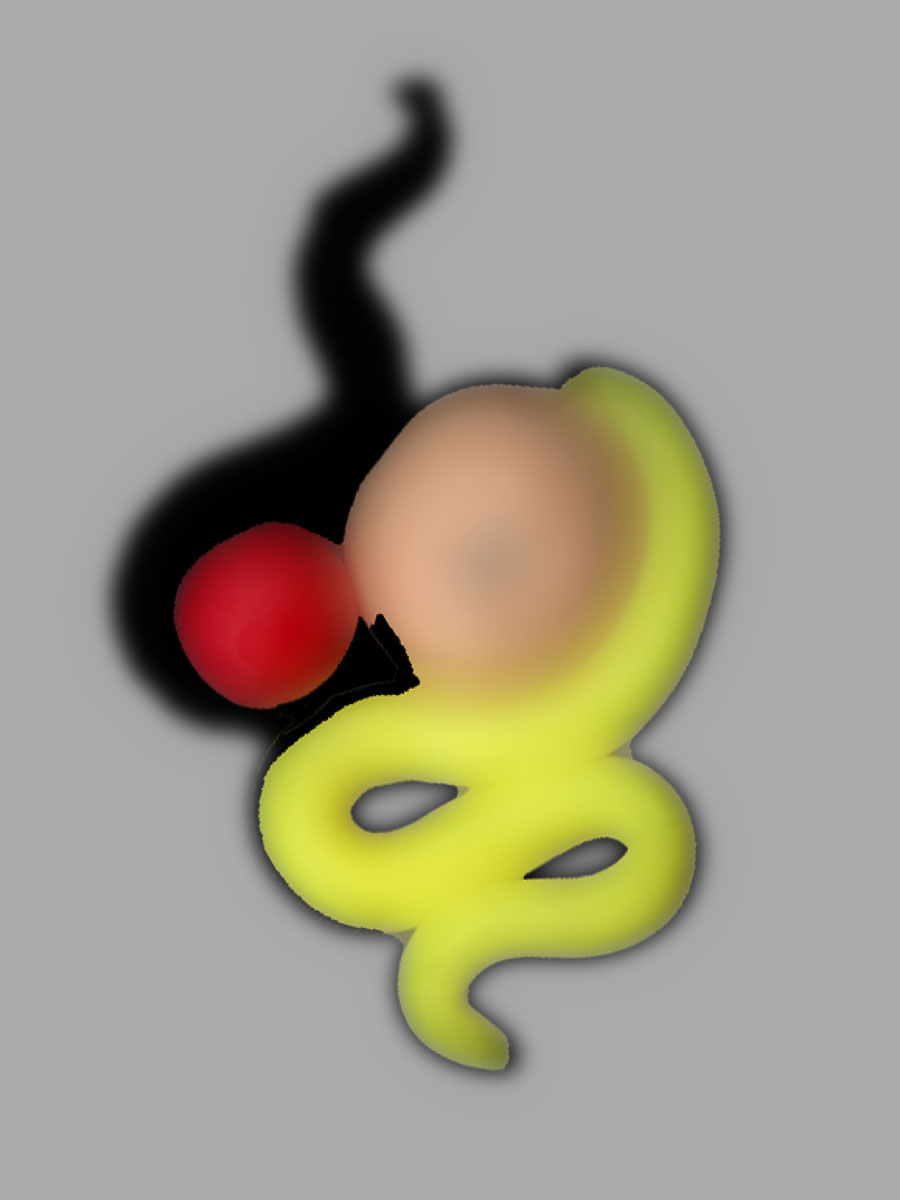
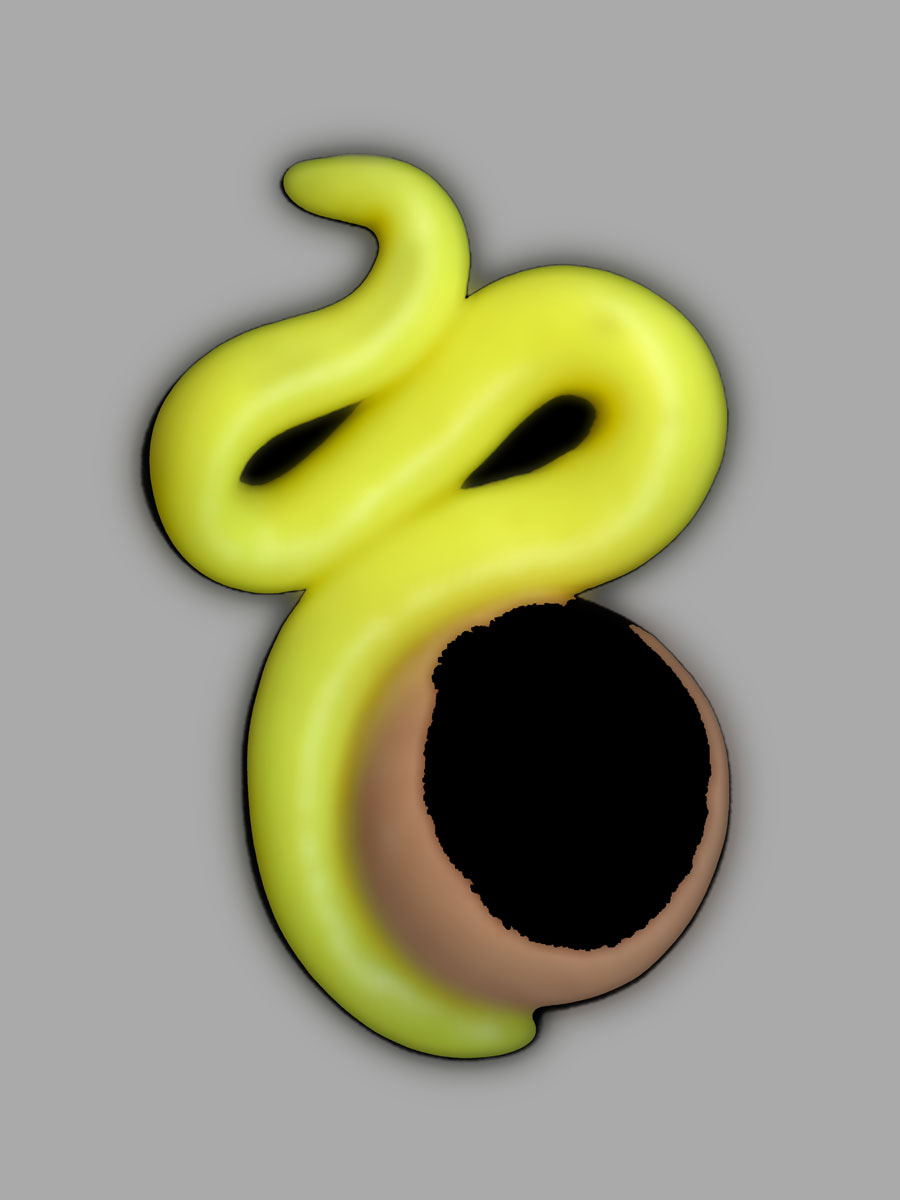
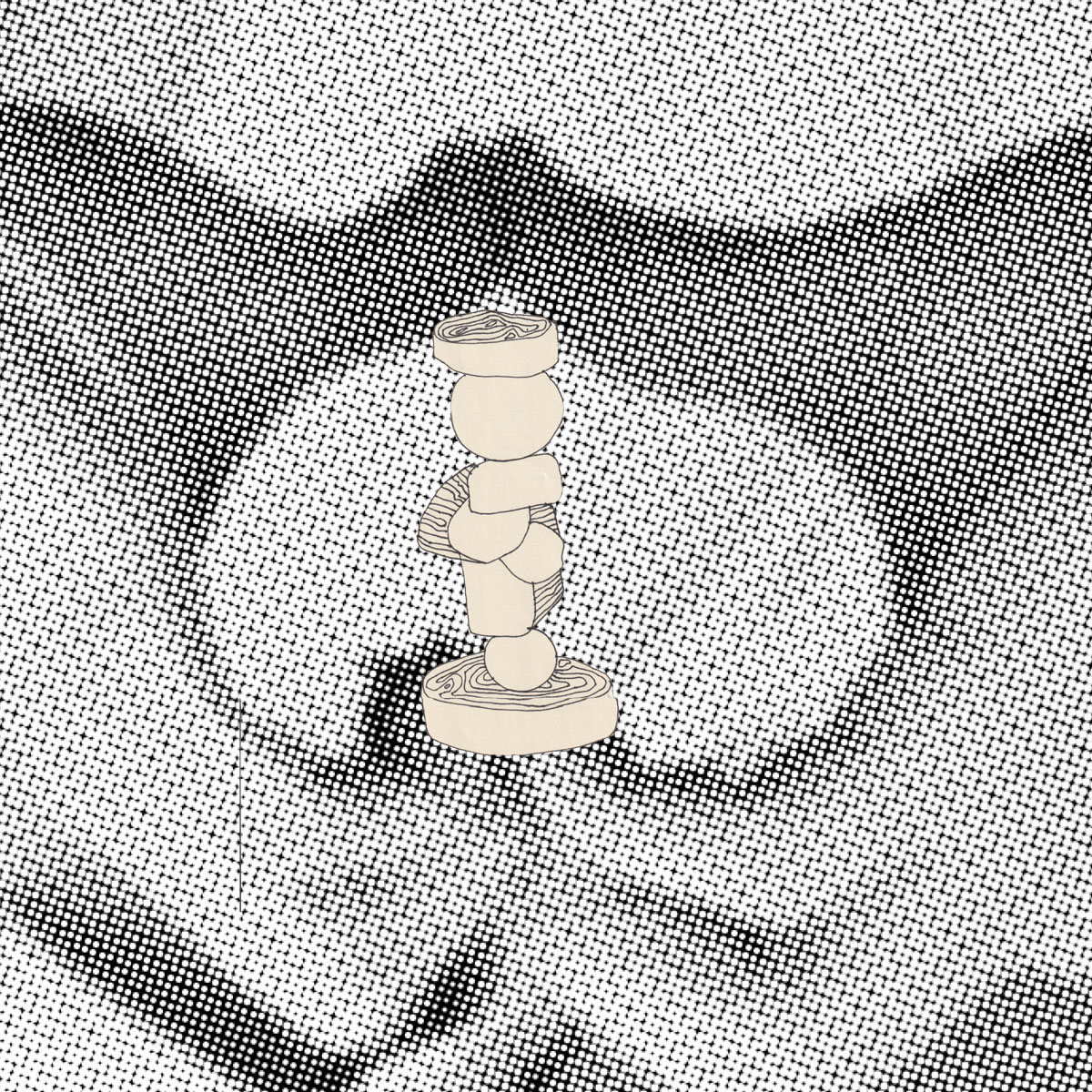










Illustration ‘Dream Artefacts’ by Fred Heinsohn
What triggered your interest in dreams at first, even before knowing you wanted to become a psychoanalyst?
I didn’t use to have a very active dream life as a child or even later on. I started to dream and notice my dreams when I went through an intense life crisis in my early to mid-thirties. Back then, I had a completely different career in Stockholm. I was involved in the music scene, running record labels and living a very extroverted life. At some point, I felt very lost and, like many people do, I started to question my purpose of being here on this planet—what was I meant to be doing? My work and way of life didn’t fulfill me anymore. Everything seemed great on paper but I wasn’t feeling well. I felt sick and I had all these symptoms that I couldn’t understand. During that existential crisis, as I understand it now, I began to have very vivid dreams that I wanted to explore further. In an effort to understand what was happening to me, I tried many different things, and somewhere along the way I stumbled upon Jung’s work. It made an impact on me and I sought a Jungian psychoanalyst—which wasn’t very easy as Jungian analysis wasn’t in vogue at the time.
After a few years of psychoanalysis, I realized I couldn’t continue on the same path as I was before. I wanted to spend more time with these new ideas I was steeped in as well as with my own unconscious. So I quit my job, closed down my company and moved to Switzerland to research Jungian psychoanalysis in order to write a book about how capitalism and marketing have integrated psychoanalytical theories to manipulate the masses. I didn’t set out to become a psychoanalyst at first, but as things progressed, I found myself wanting to sit on the other side of the room and help people. I’m digressing but I guess what I want to say is that dreams appeared to me at the right time and made me think I should spend more time focusing on the dream world and the way it connects to my waking struggles.
What was the training to become a Jungian psychoanalyst like?
It’s remarkable that this type of training program still exists. The main focus is on your unconscious, spending time with your dreams, writing them down, and practicing “active imagination,” a technique developed by Jung to actively bring the subconscious to the surface during waking hours. It's like a waking dream and a way to engage with your own dream symbols and figures. The training lasted six years, and it was a bit strange to drop out of life in my mid-thirties when most of my friends were settling down and having kids.
During your training, in what ways did you approach your unconscious?
The main work was done in psychoanalysis—and that could take many different forms. Some people wrote down their dreams, others worked through drawings or physical movement. There are so many different ways to engage with the different parts of yourself. Personally, it was the first time I spent excessive amounts of time with events that transpired during my sleeping hours.
There’s a story that’s relevant to this process: After Jung parted ways with Freud in 1913 on the brink of WWI, he went into a phase that some labeled as either a mental breakdown or his creative illness. Jung called it his “confrontation with the unconscious” and his “most difficult experiment”. By then, he was nearly 40 years old and had already achieved a lot in the world as a renowned psychiatrist. Every evening he engaged in an activity which he later called active imagination. He sat down and tried to land in himself through breath, much like in classical meditation, though instead of acknowledging passing thoughts and letting them go, he entertained them further. He didn’t allow mental images to just pass by but he actively engaged with them, he entered the fantasies and played along. Afterward, he would write down exactly what happened in his journals—the so-called “black books”. Later, these turned into ‘The Red Book’ which compiles his writing and drawings from his extended self-exploration. So what started as an “illness” became his most important contribution. This is how it often goes, also in therapy today—the poison becomes the panacea. Jungian analysis is a story about the death of the old world order in order to give birth to a new one.

Illustration ‘Dream Artefacts’ by Fred Heinsohn

Illustration ‘Dream Artefacts’ by Fred Heinsohn
We talked about sharing a dream with someone close to us. Personally, I struggle with conveying a dream through words as it instantly loses its impact and complexity. As soon as I put it into words and speak it out loud it falls flat. And I begin to feel that it might even be boring for the other person listening to it. When it comes to translating the experience of a dream, language feels insufficient. And that makes sense as language is a very systematic construct that was created for our relatively structured and linear waking lives. So obviously when we try to use it for the dream world—an entirely different setting with different laws—it’s just not compatible. This whole conundrum leaves me feeling alone because there’s this intense experience that happened in your sleep but you realize you can't share it with anyone—and I mean truly share it, in real life. So the dream world will always be a sort of solitary world. Sometimes all you want is to just be able to lasso someone you’re close to into your dream so they can experience it for themselves.
I know what you mean. The limitations of language, especially when discussing something abstract or spiritual, can be frustrating. In analysis, the way you “hold the dream” together in the room is one of the most important things. As a listener you should offer enough space and curiosity, and when someone tells you their dream try to spend some time with the images and setting of the dream. Retelling a dream might not be as impactful as experiencing it of course, but if you’re next to someone you genuinely trust, then the dream can come alive again and generously reoffer its contents. One of the most basic tricks, if I can call it that, is to always narrate in the present tense as if the story is unraveling right now. That way the narrator can re-enter their dream in a much more natural way.
And I’m coming back to Jung now but what I find so fascinating about him, maybe even more than his theories, is those years he spent with himself dedicated to his dreams and his unconscious. Taking good care of them, writing them down in beautiful calligraphy, transcribing them from one book to another, drawing images in response to his fantasies. He was always ambivalent about releasing this work and that's because it was not about others, it was not about sharing. I guess what I mean to say here is that matters of the soul are so deeply personal that it's good to be careful when sharing them, how and with whom. I should also mention that it's important to not only go to a therapist for this type of conversation but to have it with people you love. We can probably learn more about how to become better listeners or have respect for the dream so that we give it the right conditions for it to return to life and not disappear.
I think even writing your dreams down just for yourself is still a type of sharing because by doing so it’s like you’re the connecting link for two seemingly separate worlds: your dream life and your waking life. Those two different aspects of yourself meet again on a piece of paper. It’s like your waking self is sharing something with your dream self and you become a mediator between the two spectra. You play broken telephone with your conscious and unconscious, and you're in the middle of it, with one foot in each pool.
Yes, exactly. There’s also a creative aspect to having dialogues with yourself and your imagination. Jung used to say that if you're not a person with an obvious artistic urge or talent then what should you create? Perhaps what you have to create is yourself. And that's about opening up to other dialogues with yourself, seeing other narratives. This can become a way of enriching your life as well as deepening your relationship to others and the world around you.
What you said reminds me of Jorge Luis Borges’ short story ‘The Circular Ruins’ in which a scientist decides to dream up a new man, a simulacrum existing in the real world. Every day he goes to the same spot, sits down by himself and allows his mind to bring a man into fruition. It’s so similar to what Jung did in a way.
And the new Jung is not one person, he's an accumulation of all the characters he encountered in his unconscious, a whole entourage of people he met on his inner journey. When dreams become what you follow, a shift in perspective occurs: your unconscious becomes the guide to unknown futures. The ego is still there, of course, taking note of what’s happening and analyzing, but it’s not the sole driving force anymore. Jung wouldn’t say that he created himself but rather that he was created.
I read that Jung was an adamant believer in telepathy through dreams. It sounds a bit sci-fi and esoteric but I know many people are curious about that. In my opinion, as long as the nature and purpose of dreams remain a mystery, any kind of theory is acceptable.
Jung never shied away from topics that were on the fringe. One of his later books was about UFOs and how he understood them as collective projections on the sky that appeared whenever people tried to see symbols of connection, of wholeness, since the world was—and continues to be—so divided. So he saw these phenomena as psychological occurrences of something happening within humans. He definitely believed that the unconscious doesn't operate in the same space and time as our conscious selves do in waking life. I’m saying this just to point out that Jung believed that when the unconscious is activated, there are also various different things happening to you in your waking life as a response to that. He developed a whole concept around synchronicity and meaningful coincidences. When your unconscious is somehow activated you start to see certain things in a different way or things come to you in the outer world.
What would you consider as your unconscious being activated?
When you’re in contact with your unconscious, you're extra sensitive to messages or things happening in your everyday life. For example, this activation often happens when people go through crises or when they start going to therapy and their dreams become more frequent and vivid. Jung would say that the unconscious is something that can present itself in the outer world through other people or experiences. So going back to synchronicity and meaningful coincidences, there’s a reason why you and I meet here and now. This is odd—it’s out of the ordinary for both of us. It’s not by chance.
THE INTERVIEW HAS BEEN EDITED AND CONDENSED. ILLUSTRATIONS BY FRED HEINSOHN.
Appendix
- ‘Memories, Dreams, Reflections’ by C.G. Jung
- ‘The Red Book’ by C.G. Jung
- ‘Jungian Dream Interpretation’ by James A. Hall
- ‘Brand Psycho: The hidden psychology of brands’ by Max Jakob Lusensky
- Mittelweg50, Practice for counselling and therapy in Berlin